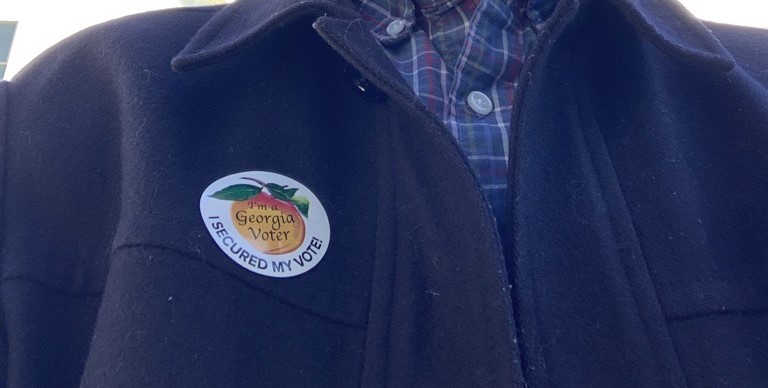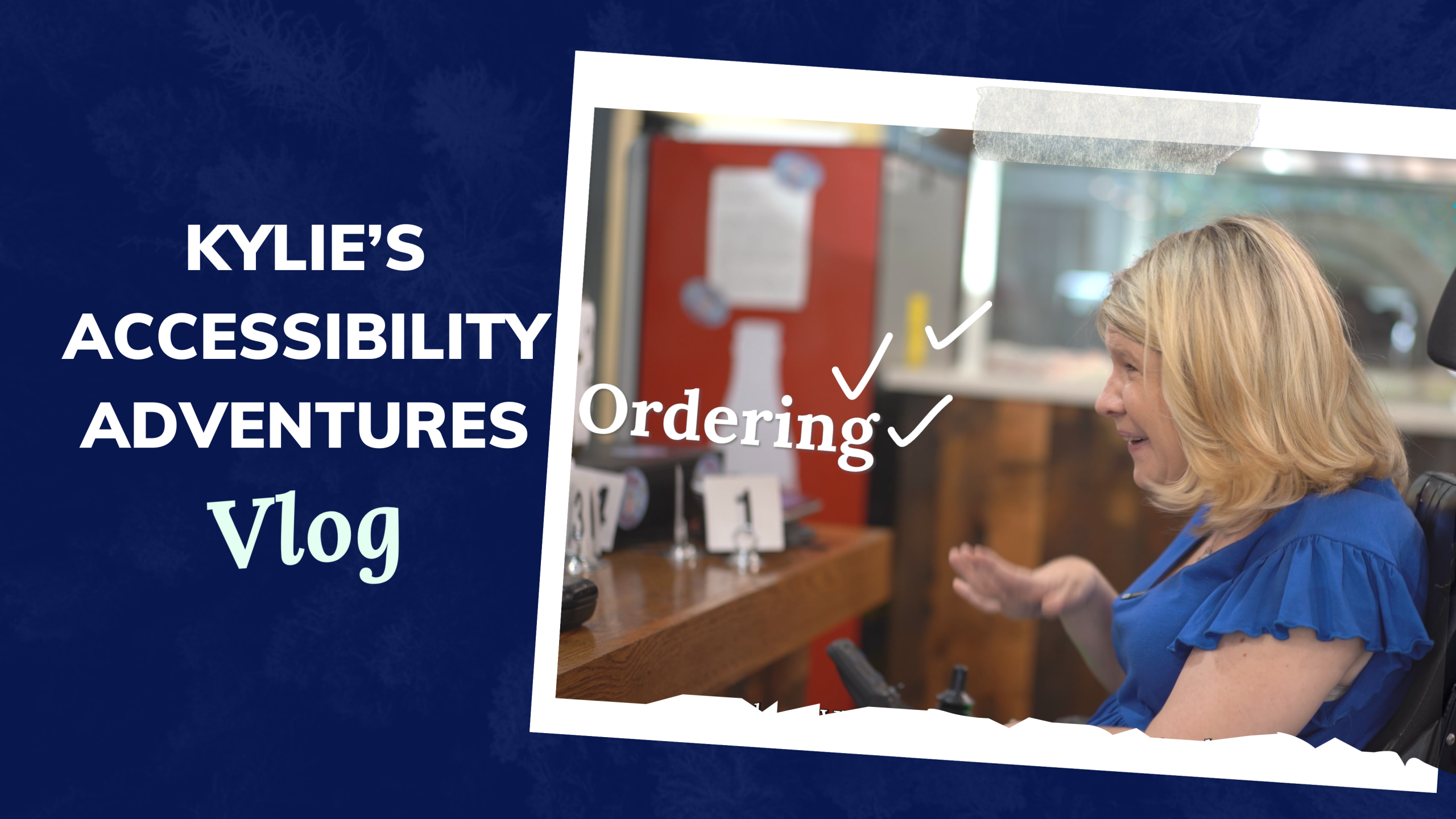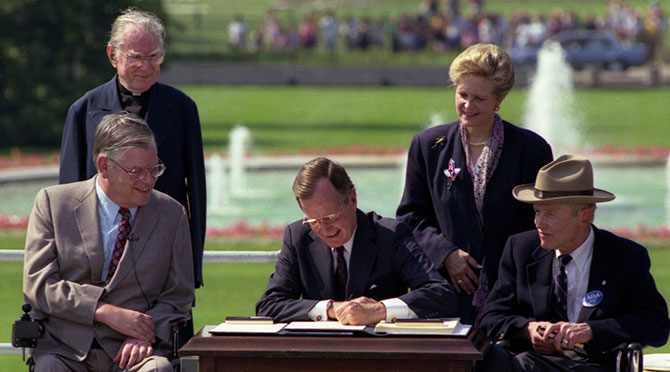Voting is one of the best ways to advocate for yourself. As an advocate, I know that participating in elections is a vital civic responsibility, allowing people to express their opinions about local, state, and national governments. For individuals living with disabilities, it is especially important to have their voices heard in elections, as they have sometimes been excluded or made to feel as though they don’t matter.
In 2020, 17.7 million, up from 16 million in 2016, eligible voters in the disability community participated in the election, according to research by Rutgers University. Early indications are that the turnout for the recent 2024 elections were similar to 2020 participation. The Rutgers study suggested that if people with disabilities voted at the same rate as those without disabilities but with similar backgrounds, there could be about 1.75 million more voters.
Employment seemed to play a key role when it comes to participation. Employed individuals with disabilities voted at rates similar to those of employed people without disabilities. This trend suggests that being part of the workforce helps bring people with disabilities into mainstream political life.
Why Should People with Disabilities Vote?
The disability community is an important and influential sector of the population. When individuals with disabilities vote, they can shape policies that affect their lives. Healthcare, transportation, education, and employment services are among the most prominent issues that impact the disability community. I believe that if people with disabilities choose not to vote, they lose the right to complain if unsatisfied with these policies. The more individuals with disabilities exercise their right to vote, the more their voices will be heard, and the more meaningful changes we will begin to see in our community.
Barriers to Voting
Despite the record turnout in the 2020 election, many individuals with disabilities faced obstacles. The previously cited study by Rutgers University revealed that around 1.95 million voters with disabilities encountered difficulties casting their ballots. If voting is such an important civic responsibility, why do some people with disabilities choose not to vote?
Several barriers prevent individuals with disabilities from voting. Finding reliable transportation to get to the polling location may be difficult. Many people with disabilities must work around their family members’ or caregivers’ schedules. Public transportation may be hard to access, and paratransit services must be scheduled in advance. Not all polling locations are accessible; they may lack ramps, elevators, or accessible parking. Some voting machines lack accessibility features such as large print, audio guides, or tactile buttons that allow individuals with visual impairments or dexterity disabilities to vote independently. If voting machines are inaccessible, voters with disabilities may require assistance, which removes the ability to vote privately and independently.
Voting on Election Day can be stressful and crowded, so I always try to go during the first week early voting opens. This year, my dad and I voted on October 17. I am fortunate to have an early voting location close to my house at the Roswell Public Library. The Roswell Library has four accessible parking spaces near the entrance with enough room to let a ramp down. As we pulled into the parking lot, another car took one of the accessible spaces near the entrance. As the woman got out of her car, I noticed that she didn’t have a visible disability. And I was surprised that there was no accessible sticker in her car. But that’s a story for another blog post.
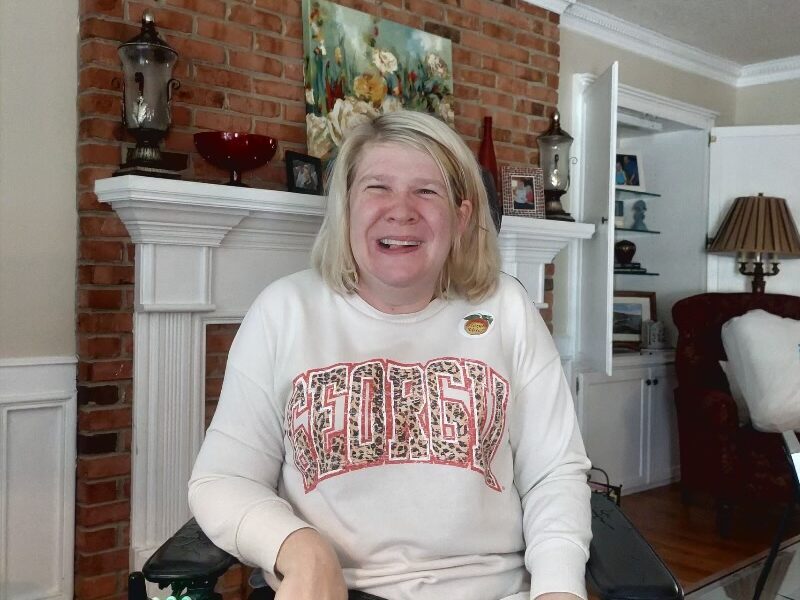
As we got to the entrance, we saw the voting line and joined it. The line was not long and moved quickly, so we were glad we went at a good time. As we moved closer to the voting area, we saw a few elderly people walk around the line to vote. The polling volunteers were waving them into the voting room. I was confused. Did people with disabilities wait in line or skip the line and go to the front? It was not clear how it worked. The polling volunteers saw me but did not say anything. Maybe they did not want to call me out because of my disability, but I didn’t think they knew what to say to me. However, I had no problem waiting in line because it was not that long, so I did patiently. I am not the type of person who ever wants to take advantage of the fact that I have a disability. I realized I could ask the polling volunteers if we could come to the front of the line but owfelt uncomfortable doing that. I would never want to draw attention to myself in that way.
Once we got into the voting room, the polling volunteers were helpful. They showed us where to get our voting cards and where the accessible voting machines were. Two voting machines that were easier for me to use were lower to the ground. My dad signed up to assist me in case I needed help. The voting machine was a touch screen, and the ballot had a large print option. The machine was easy to use, and I could vote without any assistance.
My friend Adam Laarhoven also voted early at the Sharon Springs Community Center in Cumming, Georgia. He found this polling location very accessible. From previous voting experiences, Adam knew people with disabilities did not have to wait in line, so when he arrived, he went directly to the front. He said the polling volunteers were very helpful in directing him and showing him where the accessible voting machines were. Adam said he could use the accessible voting machines easily without any assistance. “I would not change a thing about my voting experience from an accessibility perspective,” says Adam.
Mail-in or absentee voting may also cause challenges for individuals who cannot physically mark a ballot or have trouble reading printed text.
Luke Christie and I work together at Bobby Dodd Institute. This year, Luke decided to take advantage of mail-in voting. He found the 2024 election harder to participate in than previous elections. “Before 2022, people could request absentee ballots online, but the legislature in my home state of South Carolina changed the law. Now, people must visit a county voter registration office or call the office to fill out an application for an absentee ballot to be sent by mail. Doing this process by mail may be considered the most accessible option, but there are challenging steps to go through, and you risk not receiving your ballot or having it turned in late,” commented Luke.
He chose to vote absentee this year due to difficulties he faced voting in person in previous elections. Luke needs assistance reaching the machines when he votes. When he lived in Georgia, he recalled being able to vote on a tablet without assistance, but since returning to South Carolina in 2019, that has not been an option. Luke and his mom previously voted in person in South Carolina. They were told she could not help him vote, even though she had been allowed to assist his elderly grandmother in a different county. A poll worker had to assist him in voting, and Luke was uncomfortable having a stranger see his voting choices because it took away his right to vote in private.
Other barriers include inaccessible voting information. For example, ballots, voting guides, and candidate materials are not always provided in accessible formats, including large print, Braille, or digital options. A lack of these necessary accommodations may make it difficult for voters with visual or intellectual disabilities to understand their choices.
Trainings for poll workers on how to best interact with voters who have disabilities will help prevent misunderstandings, discrimination, or even the exclusion of voters with disabilities who may need assistance or extra time.
Voting is an extremely important right that we, as citizens, have. Our voices matter, and voting is one of the best ways we can advocate for ourselves. People with disabilities make up a large sector of our nation’s population, and when we vote, we express how policies impact our lives. I believe we should never take our right to vote for granted.
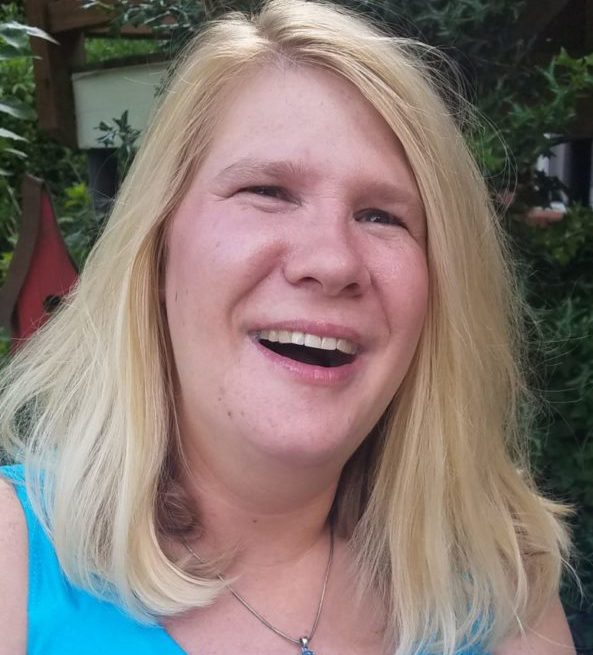
I’m Kylie Moore, from Roswell, Georgia, living with Cerebral Palsy. I’ve dedicated my career to advocating for the disability community, creating self-advocacy programs, and serving on boards. I founded the Ambassador Program at AADD, received the Tom Miller National Advocacy Award in 2020, and now advise Arts InCommunity. When not teaching, I can be found watching the Georgia Bulldogs or my beloved New England Patriots play football or participating in wheelchair sports.

